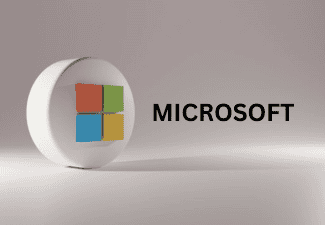On Wednesday, Microsoft revamped its reporting structure for business units, shifting certain search and news advertising revenues to the Azure cloud-computing unit. This change aims to provide investors with a clearer view of AI-related contributions.
The company will now categorize revenue from AI and speech technology services offered by its Nuance division under the productivity business, which includes the Office suite, rather than the intelligent cloud division. This adjustment aligns the reporting with how Microsoft’s businesses are managed.
As a result of this reorganization, Microsoft has updated its revenue growth figures for the past fiscal year and revised its forecast for the July-September quarter. Facing pressure from investors to demonstrate the returns on substantial investments in AI infrastructure, Microsoft is one of the few major tech companies to separately report AI contributions. Many firms are still awaiting significant gains from AI investments.
Last month, Microsoft noted that AI had positively impacted Azure’s performance in the June quarter, despite an overall slowdown in business. The company anticipates accelerated growth for Azure in the latter half of fiscal 2025.
For the upcoming quarter, Microsoft now expects intelligent cloud revenue to be between $23.80 billion and $24.10 billion, a decrease from previous projections of $28.6 billion to $28.9 billion. Personal computing revenue is forecasted to range from $12.25 billion to $12.65 billion, down from earlier expectations of $14.9 billion to $15.3 billion, due to the reassignment of certain units to the productivity division. Meanwhile, productivity and business processes revenue is anticipated to fall between $27.75 billion and $28.05 billion, up from previous estimates of $20.3 billion to $20.6 billion.



